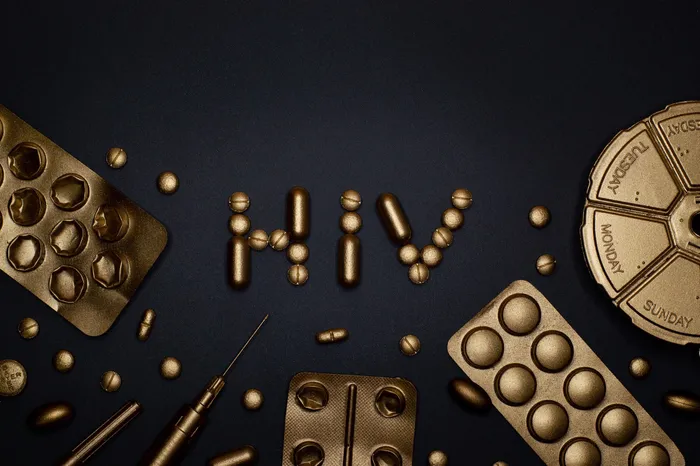New hope for HIV+ children as new strawberry-flavoured ARVs due to arrive in SA soon

There are 7.7 million HIV-positive people in South Africa. Women account for 63% of all adults living with HIV and 64% of new infections. And Every year, approximately 240,000 new infections are reported . Image by Miguel Á. Padriñán from Pixabay
Johannesburg – New strawberry-flavoured paediatric antiretrovirals (ARVs) are due to arrive in South Africa shortly.
The South Africa Health Products Regulatory Authority (Sahpra) announced in June that it had registered a new “sweet-tasting” combination antiretroviral treatment for infants and young children with HIV, with the trade name Quadrimune, that comes in granules that can be sprinkled on soft food or dissolved in milk or water.
According to health non-governmental organisation Right to Care, the ARVs currently being used for young children have a very unpleasant taste, so much so that some children either spit or vomit the medicine out.
Senior paediatric adviser at Right to Care, Dr Leon Levin, who has been treating children with HIV for over 25 years, explained that children respond very well to antiretroviral therapy (ART), but they need to take it.
“These improved paediatric formulations are going to make a major difference. They are very effective and taste great. We will be able to better control HIV in children and enable them to live normal, long, healthy lives. This is very good news for all HIV-positive children,” Levin said.
One of the new ARVs for young children is a Dolutegravir dispersible tablet. It is the same medicine that HIV-positive adults have been using in South Africa since 2019, but in a special dispersible formulation for young children. The other, known as the ‘four-in-one’, contains four ARVs that have been used in young children for some time, only with a far better taste.
Senior technical adviser at Right to Care, Dr Julia Turner, said no child should die or become sick from HIV ever again.
“Children on ARVs can look forward to living as long and healthily as those who don’t have HIV. Another benefit is that by taking their medication and controlling the disease, they will not pass on HIV to their partners and children when they grow up. HIV is now a very easily managed disease,” Turner said.
Both doctors appealed to all parents and caregivers to make sure that their HIV-positive child is on the best medication and to check with their healthcare worker if their child’s HIV is well controlled by testing the HIV viral load.
“Controlled HIV occurs when the viral load of the patient is suppressed or undetectable. If the child’s viral load is not suppressed, parents should ask their healthcare workers to do something about it. This may include starting the child on one of the new formulations as soon as they become available,” Levin said.
They further emphasised that children with HIV who are treated early will live as long as anybody else, but they need to be diagnosed and put onto treatment as early as possible. “Testing is therefore critical,” said Turner.
“Take your child for an HIV test at your closest health facility if there is any slight possibility of the child having HIV. It is far better to know early and get your child onto treatment as soon as possible.”
The Star